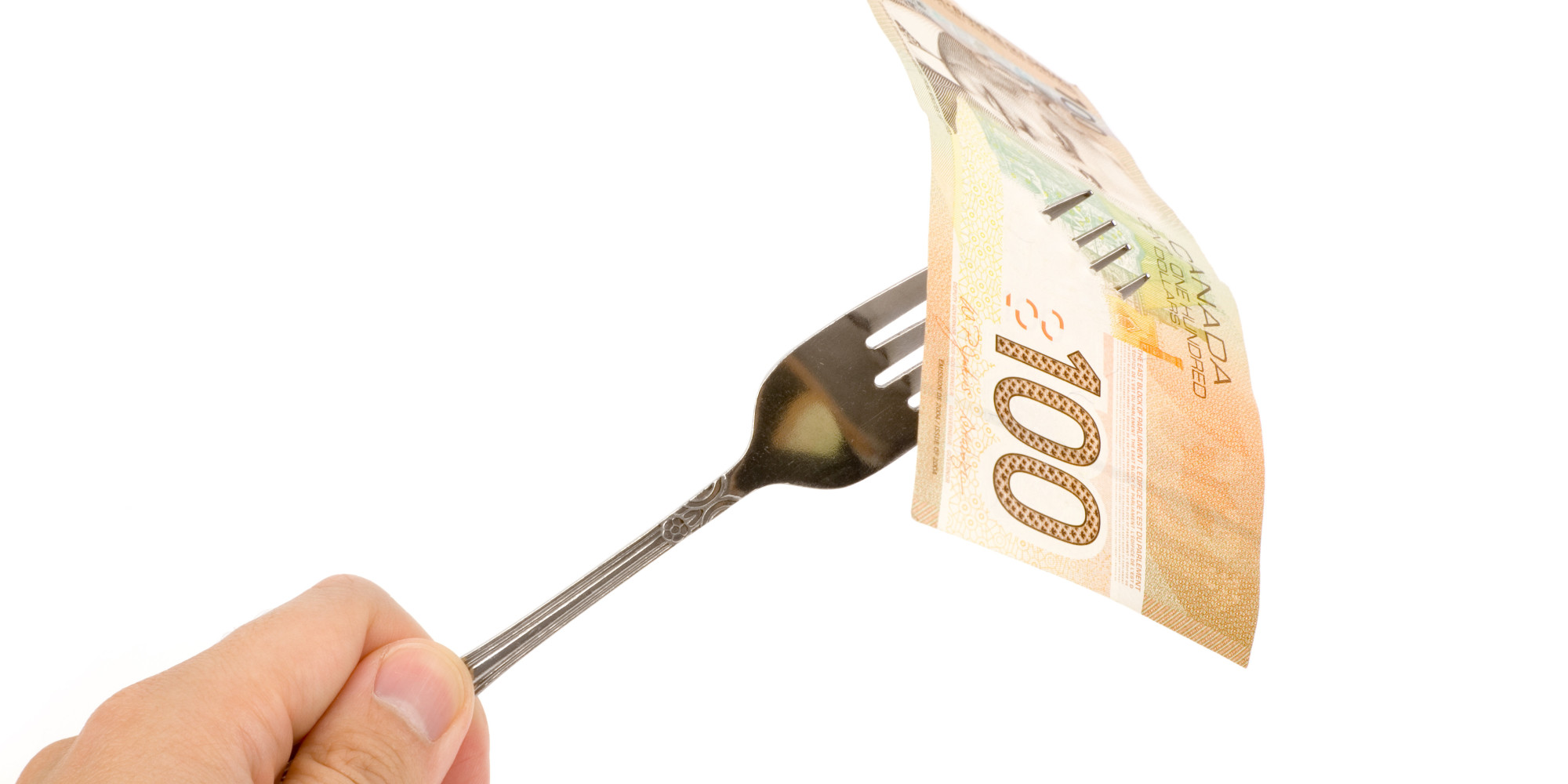Agriculture Minister Announces Details of $50M Program to Direct Surplus Food to Those in Need

Agriculture Minister Marie-Claude Bibeau announced details on Thursday of a $50-million program that will redirect surplus perishable food products to vulnerable people during the pandemic
by Kathleen Harris – CBC News
During an event in Sainte-Hyacinthe, Que., Bibeau announced eight partners for the surplus food rescue program, and the types of products that will be distributed. She said COVID-19 has had a tremendous impact on Canadians’ food security.
“Many families have not had enough food or have been eating smaller portions because they haven’t been able to pay for food,” she said.
Bibeau said 12 million kilograms of food that otherwise would have been wasted, including one million fresh eggs, would go to families. Other products that will be redistributed include potatoes, walleye, chicken and turkey.
“Restaurant closures due to pandemic left farmers with unprecedented surpluses of fresh goods”
A volunteer sorts food items at the Ottawa Food Bank in Ottawa, on April 23. A new federal program announced Thursday will help direct surplus perishable food to Canadians in need. (Justin Tang/The Canadian Press)
Surplus fruit, vegetables, meat and seafood was generated because the COVID-19 crisis shut down much of the restaurant and hospitality industry, leaving producers with unprecedented surpluses.
Partners in the effort include Second Harvest and Food Banks Canada, and will include more than 100 food businesses and non-profit organizations.
The program, first announced in May with applications opening the following month, was designed to reduce food waste while helping farmers recover costs of production. Food will be redistributed at the cost of production.
“This is a win-win. Not only are we helping producers who cannot sell their goods to restaurants, but we are also aiding Canadians who have had to seek help from food banks,” Bibeau said in a statement.
About 10 per cent of the goods will be distributed to Northern communities.
Statistics Canada has reported that one in seven Canadians live in a household where there was food insecurity over a one-month period during the pandemic.
In April, the federal government also announced $100 million for food banks that have been dealing with a surge in demand during the pandemic due to widespread job losses and reduced incomes.
While some farmers are experiencing huge surpluses of fresh product, food security experts have said problems caused by the pandemic — border closures restricting the movement of foreign farm workers, transportation and import bottlenecks, panic hoarding at grocery stores — can also contribute to higher food prices and a shortage of some goods.
CBC News













